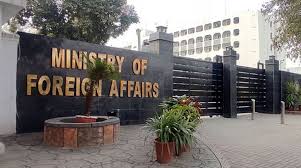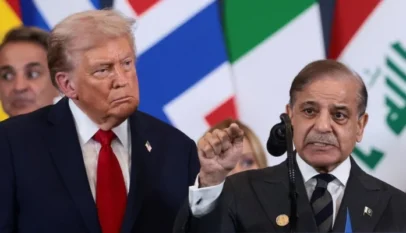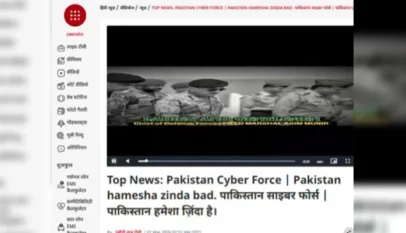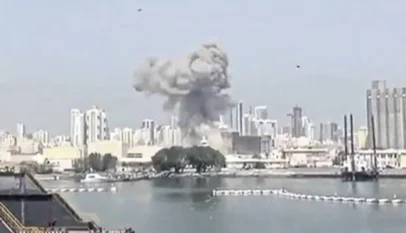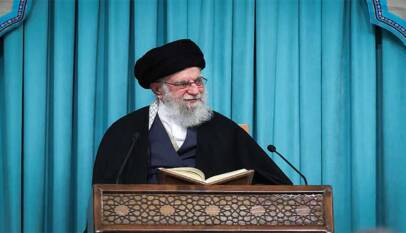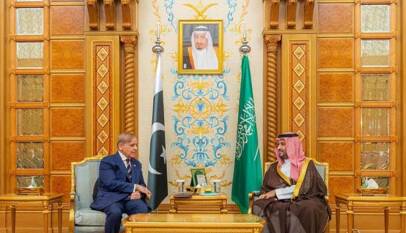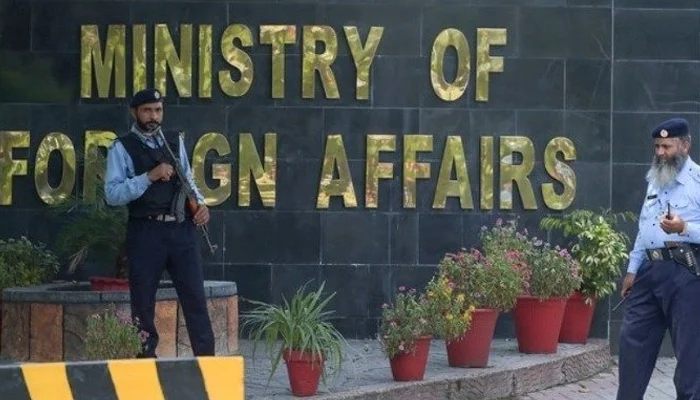
ISLAMABAD – Pakistan’s Ministry of Foreign Affairs (MOFA) on Wednesday issued a strong condemnation of recent comments made by Indian Prime Minister Narendra Modi, describing them as “inflammatory” and emblematic of a troubling pattern of historical revisionism, internal repression, and regional aggression.
In a sharply worded statement, MOFA said Modi’s rhetoric signals a “disturbing departure from international norms,” highlighting the gap between India’s behavior in the region and its aspirations for global leadership.
During a speech on Tuesday in Gandhinagar, Gujarat, Modi escalated his accusations against Pakistan, characterizing recent cross-border incidents as part of a deliberate war strategy. He warned that India would respond “accordingly” to what he termed acts of war, dismissing them as mere proxy engagements.
“It is regrettable, though not entirely unexpected, that the Indian Prime Minister has once again sidelined pressing domestic issues—including historical revisionism and the repression of minorities—to deliver yet another provocative address,” the Pakistani statement read.
Particularly alarming to Pakistani officials were Modi’s remarks about the Indus Waters Treaty and water resources in Indian Illegally Occupied Jammu and Kashmir (IIOJK). Modi alleged the treaty had been “put in abeyance” and accused prior Indian administrations of negligence in water infrastructure.
MOFA warned that such rhetoric around weaponizing shared water resources, which are governed by international treaty, threatens regional cooperation and violates established norms. “These comments represent a stark contrast between India’s regional conduct and its global ambitions,” it said.
The ministry also accused the Indian government of being linked to extraterritorial killings and acts of foreign subversion, while condemning its administration in Jammu and Kashmir as one of “systematic repression.”
“It is ironic that a government promoting mob violence, hate campaigns, and targeting religious minorities now attempts to posture as a victim,” MOFA stated, urging India to recommit to international principles including respect for sovereignty and treaty obligations.
Pakistan also appealed to Indian youth, encouraging them to reject divisive politics and support a future grounded in “dignity, reason, and regional cooperation.” The ministry warned that political jingoism may gain applause domestically but comes at the cost of peace and long-term stability.
Tensions between the two nuclear-armed neighbors soared earlier this month following Indian airstrikes on May 6–7, which New Delhi claimed targeted militant camps allegedly linked to the Pahalgam attack in IIOJK. The strikes, however, resulted in the deaths of several Pakistani civilians, including women and children.
In response, Pakistan launched a large-scale retaliatory military operation, “Operation Bunyan-um-Marsoos,” targeting Indian military assets across multiple regions. According to official sources, the Pakistan Air Force downed six Indian fighter jets—including three Rafales—and dozens of drones during the operation.
The brief but deadly escalation ended on May 10 following a ceasefire agreement brokered by the United States. Despite the ceasefire, Modi has continued to make aggressive statements, raising concerns in Islamabad over the potential for renewed hostilities.
The situation remains tense, with Pakistan calling for restraint and a return to diplomatic engagement based on mutual respect and international law.
Source: Web Desk
Indian News channel hacked, pro-Pakistan content broadcast briefly
(Web Desk) — Indian television channel ABP News was temporarily disrupted after hack…



